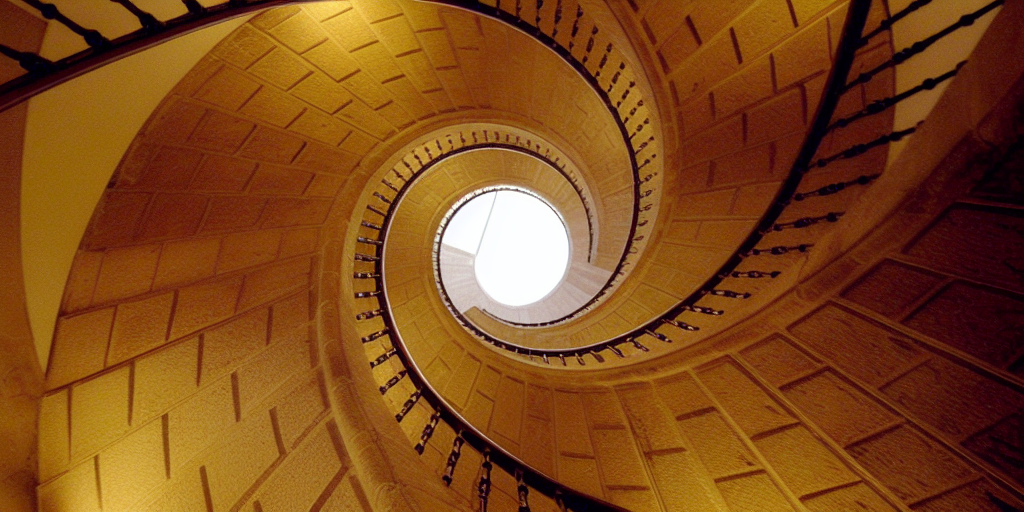Speaker
Description
Emergence of classicality from quantum mechanics, a hotly debated topic, has had no satisfactory resolution so far. Various approaches including decoherence and gravitational interactions have been suggested. In the present work, the Schrödinger-Newton model is used to study the role of semi-classical self-gravity in the evolution of massive spin-1/2 particles in a Stern-Gerlach experiment. For small mass, evolution of the initial wavepacket in a spin superposition shows a splitting in the magnetic field gradient into two trajectories as in the standard Stern-Gerlach experiment. For larger mass, the deviations from the central path are less than in the standard Stern-Gerlach case, while for high enough mass, the wavepacket does not split, and instead follows the classical trajectory for a magnetic moment in inhomogeneous magnetic field. This indicates the emergence of classicality due to self-gravitational interaction when the mass is increased. In contrast, decoherence which is a strong contender for emergence of classicality, leads to a mixed state of two trajectories corresponding to the spin-up and spin-down states, and not the classically expected path. The classically expected path of the particle probably cannot be explained even in the many-worlds interpretation of quantum mechanics. Stern-Gerlach experiments in the macroscopic domain are needed to settle this question.
